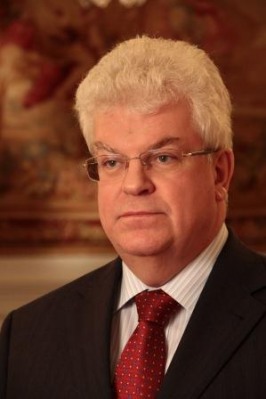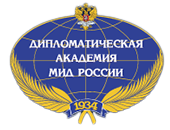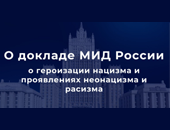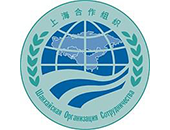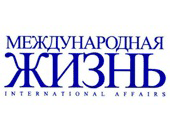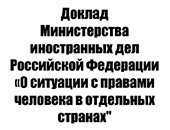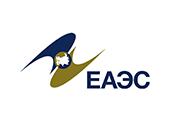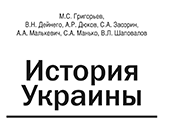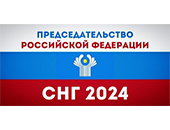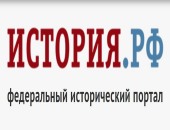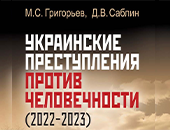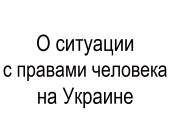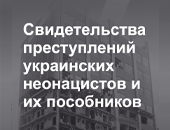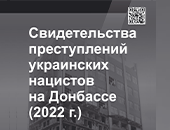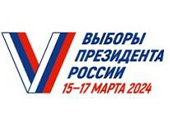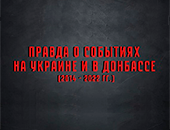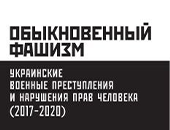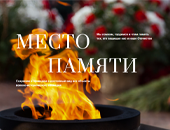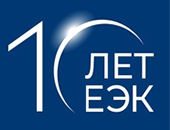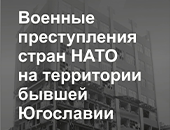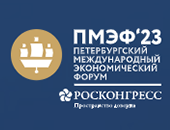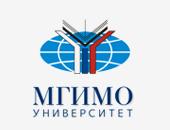Question: Do you feel relieved that the EU leaders did not decide to impose economic sanction on Russia?
Ambassador Vladimir Chizhov: I will start with a straight answer. I did not actually expect them to do so. I have enough faith in the common sense of the EU’s leaders, which made me believe that such sanctions would not be triggered.
Question: What is your interpretation of the EU summit’s decision? Do you perceive it as a call for a war on the EU side or rather a conciliatory move?
Ambassador Vladimir Chizhov: Nobody wants a war. I think that is the baseline that everybody shares in this situation.
Question: How do you interpret the reports that the EU is split over the issue of economic sanctions against Russia, with a group of countries advocating a tougher stance and others adopting rather a conciliatory approach?
Ambassador Vladimir Chizhov: I might sound rather undiplomatic, but the EU is rarely united on serious issues.
Question: Is this a serious issue?
Ambassador Vladimir Chizhov: It is a serious issue. I've been listening to the debate at the Brussels Forum, which seems to be misplaced. It is not an issue of Russia slash Ukraine. We should be addressing a much more important issue - the future of Ukraine. The country is in a deep crisis, which was not created by Russia. It is a result of the series of blunders of the consecutive Ukrainian governments and it is partly also a result of unintended blunders of EU policy. The situation in Crimea was the result of the events in Ukraine. Seeing what is happening in Kiev, the people of Crimea saw it as a window of opportunity to rectify the wrongs of Khrushchev and others fifty years ago. As far as Russia is concerned, President Putin did not have much of a choice. He couldn't turn his back to the will of more than a million Crimeans.
Question: But do you agree that Russia's decision to annex Crimea has added to the current problems in Ukraine?
Ambassador Vladimir Chizhov: The decision by Russia was not to seize Crimea but to accept the will of the Crimean people, which they expressed in a referendum last Sunday.
Question: Was it the right moment for such a decision, given the high level of tension in Ukraine and between Moscow and Kiev?
Ambassador Vladimir Chizhov: I have just told you that President Putin did not have much of a choice. What could he have done? Tell them to wait until the tensions are settled in Kiev?
Question: Why not?
Ambassador Vladimir Chizhov: They could have felt that they were betrayed by Russia.
Question: Shall we expect any retaliatory measures following the EU’s decision to add new people to the list of Russian officials who are banned from entering the EU and whose assets have been frozen?
Ambassador Vladimir Chizhov: I wouldn't exclude a similar action on the part of the Russian government regarding certain individuals in the EU.
Question: Will Russia agree to the deployment of an OSCE mission in Ukraine in the coming days - an arrangement strongly supported by the EU?
Ambassador Vladimir Chizhov: Actually, the mandate for the mission is almost agreed. There are just a few technical details to be decided.
Question: So, when can we expect the agreement?
Ambassador Vladimir Chizhov: We can expect the agreement to be reached very soon.
Question: The EU said that if the OSCE mission is not agreed to, it would draw up its own mission. What do you think about this idea?
Ambassador Vladimir Chizhov: The EU has decided to postpone a decision on launching its own mission to a later stage, which means that the leaders also see a possibility for the OSCE mission.





